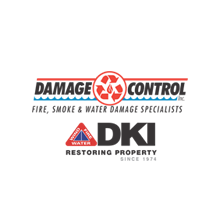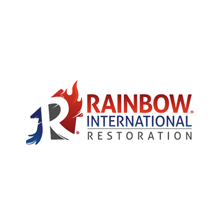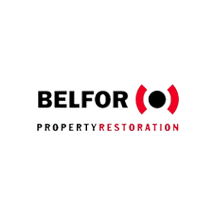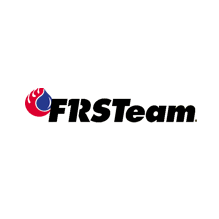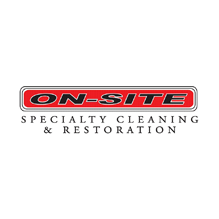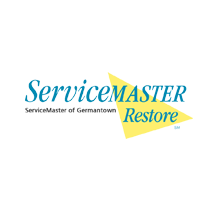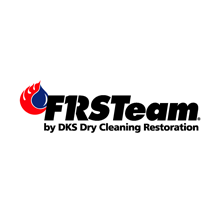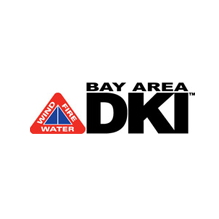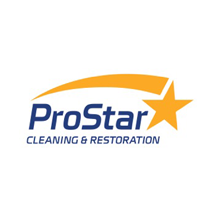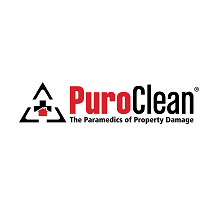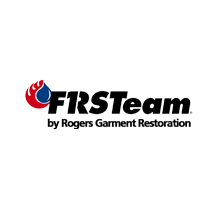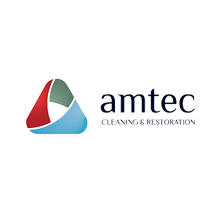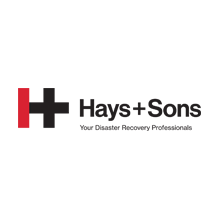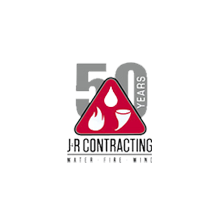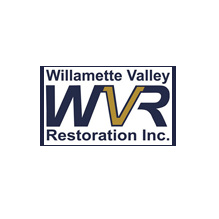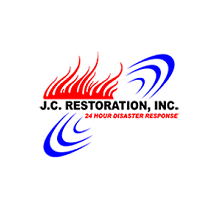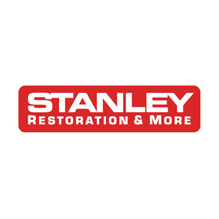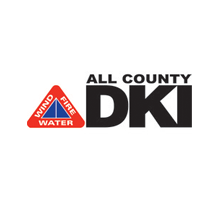In 2006 the Stern School of Business (NYU) published a paper exploring the value of transparency and the cost of complexity in relation to the accounting practices of business firms. While we cannot correlate their findings to our own industry, there is value in considering the questions that they asked. Today I’d like to focus specifically on one of those questions and the impact it might be having on your business, and the services you provide.
How do we reflect the transparency (or opacity) of a firm’s [operations] in its value?
After hundreds of conversations with contractors and dozens of conversations with adjusters, I’m not sure that we do. Words like transparency have crept into the dialogue of the industry in recent years, but clear understanding of the value of being able to comprehend and openly review a company’s operations remains uncommon.
While quantifying the value of transparency could be an entire blog (or series of blogs) unto itself, I believe we can summarize the basic impact in its simplest terms; transparency eases anxiety. Anxious customers consume valuable time from adjusters and insurance companies, lowering their productivity and raising the (often) unmeasured costs of each job. Anxious customers are expensive customers.
In 1985 David Maister wrote about the ‘Psychology of Waiting In Lines.’ Isn’t that what we’re silently asking home owners to do in our business on a daily basis?
‘Please get in line over here Mr. & Mrs. Smith, and wait until it’s your turn to get your life back.’
Even if this isn’t how we operate, are we certain that this isn’t how they feel? In his paper David makes some outstanding identifications of the impact of waiting, and the association that it has with anxiety. Anxious customers are an increased expense in our industry, and are much harder to satisfy. Three of Mr. Maister’s points really resonated with me when I considered them, and I see direct implications for how they impact the contents restoration industry. Specifically I see their impact on consumer confidence and satisfaction, and how operations unable to address these points should expect increased costs on each job.
Continued in Part 2…

